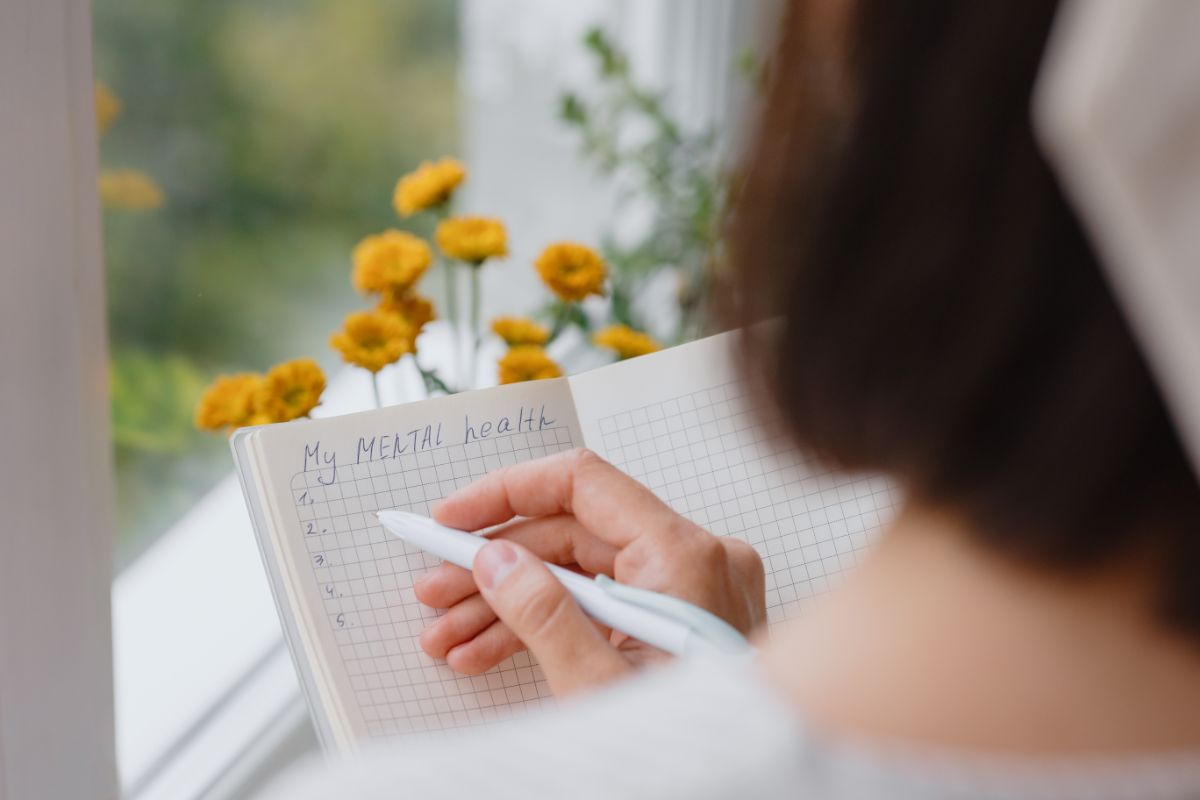Sometimes, life can be difficult and stressful due to conflicts, physical health problems, trauma, and loss. If you’re suffering from a mental health problem such as depression, addiction, eating disorders, and others, you might also have difficulty coping in your daily life.
The good news is that psychotherapy can help with what you’re experiencing right now. If you want to know what psychotherapy is, keep on reading to learn more.
What Is Psychotherapy?
Psychotherapy is a way for people with mental illnesses and emotional difficulties to talk with a psychiatrist, psychologist, or another mental health care provider.
Through psychotherapy, you can control or eliminate symptoms, so you can function better, and have better health and healing. It helps you learn about your moods, feelings, thoughts, and behaviors, so you can learn how to take control of your life.
What Problems Can Psychotherapy Help With?

Psychotherapy can be helpful if you’re having difficulties coping with daily life’s stresses and conflicts, dealing with trauma or medical illness, or suffering from mental disorders.
Listed down below are the mental problems that psychotherapy can help with:
- Mood disorders: Depression, bipolar disorder, etc.
- Anxiety disorders: post-traumatic stress disorder (PTSD), obsessive-compulsive disorder (OCD), etc.
- Eating disorders: Bulimia, anorexia, etc.
- Personality disorders: Borderline personality disorder, etc.
- Psychotic disorders: Schizophrenia, etc.
- Addictions: Alcoholism, compulsive gambling, etc.
- Phobias: Any irrational fears that may be disrupting your day-to-day.
Psychotherapy can also help anyone to cope with the following problems:
- Divorce or break-ups
- Relationship issues
- Chronic pain and serious illnesses
- Loss or grief
- Low self-esteem
- Anxiety or stress due to work
- Rage or passive-aggressive behavior
- Physical or sexual abuse
How Does Psychotherapy Work?
Psychotherapy can be done individually, or with your partner, family, or group, depending on your problem. The therapy can be short-term, consisting of only a few sessions if you need to deal with immediate issues. But it can also be long-term, spanning months or years if you’re suffering from complex problems. The most important requirement of psychotherapy is confidentiality.
There are a wide range and techniques that your therapist can use during psychotherapy. But one of the important aspects is to develop a therapeutic relationship, so you can communicate and work through your thoughts and behaviors.
Psychotherapy can be as effective as some medications, but it may be used with other treatment options to ease your symptoms.
How To Prepare For Psychotherapy
The sooner you reach out to a competent mental health care provider, the sooner you can get help in improving your life. If you’re interested in psychotherapy, you can do the following:
Find a therapist near you
The first step is to look for the right therapist. You should look for a qualified individual, such as a psychiatrist, psychologist, licensed counselor, and the like. Always check for their background, education, certification, and licensing. When deciding on a therapist, ensure that you’re comfortable in sharing personal information with them.
Don’t be afraid to try different therapists, and keep looking until you find someone that will be helpful and someone you can be at ease with.
List down your concerns
When preparing for your first session, it would be helpful to review your concerns and think of issues you would like to work on. During your first session, you and your therapist will discuss your current and past physical and emotional health. Expect that it might take a few sessions for them to fully understand your situation.
How To Get Out The Most Out Of Psychotherapy

Psychotherapy’s effectiveness will depend on several factors. Some people will notice a difference after six to 12 sessions, while others might take a long time. If you want to get the most out of your therapy sessions, you can follow these tips:
- Be honest with your problems and feelings. The most important thing during therapy is to show your true self and be honest with your thoughts and emotions, as this can help with the success of the treatment. If you’re embarrassed or reluctant about anything, let your therapist know.
- Develop a connection with the therapist treating you. Therapy is most effective when you develop a connection with the therapist treating you. For this reason, you need to find someone you can trust and are comfortable with.
- Attend all your sessions. For psychotherapy to be effective, you need to have a desire to participate. This means that it’s best if you attend appointments as planned, and engage actively in treatment!
- Complete your homework. Sometimes, your therapist might assign homework for you to work on outside your sessions. Make time to finish these, as these can be helpful for your next session and your overall treatment.
Key Takeaway
Now that you know what psychotherapy is, you can consider it the next time you’re having difficulties mentally and emotionally. Psychotherapy is helpful for people with mental health conditions, but it can also be helpful when you’re dealing with problems that anyone can have — such as relationship issues, trauma, loss, and others.
If you’re interested in psychotherapy, Perpetual Help Medical Center – Las Pinas has a newly opened Mind Care Center that will help you determine the issues you are dealing with.
It also offers psychotherapy and counseling, clinical consultation trainings, seminars and workshops, team building organization and facilitation, among others. Don’t hesitate to contact us here for your appointment.

